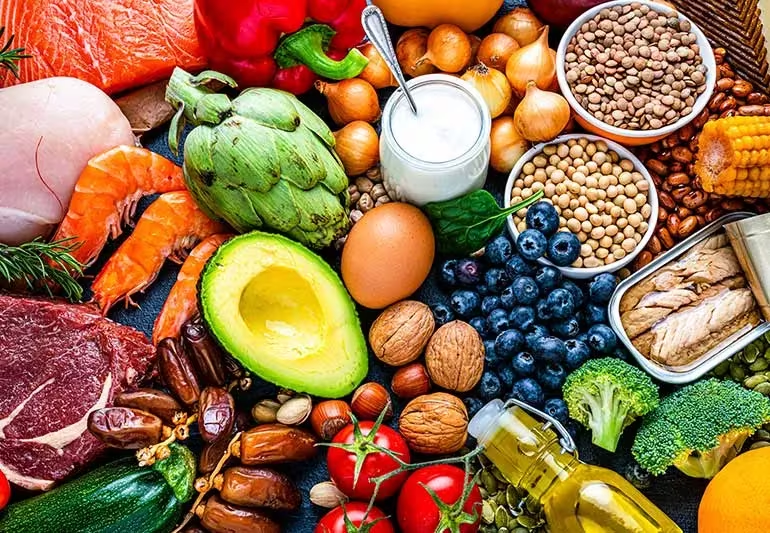Your body processes THC edibles in distinctive ways based on your genetic makeup. The liver converts THC into a more potent compound through metabolic processes. Enzymes in your digestive system break down the edible form differently compared to other consumption methods. This metabolic variation leads to different onset times and intensity levels for each person.
Metabolic factors affecting THC absorption
Body mass and composition play vital roles in how THC distributes through your system. A faster metabolism processes the compounds more quickly, while a slower one extends the duration. Hydration levels and recent food consumption affect the absorption rate into your bloodstream. Your natural endocannabinoid system receptors react uniquely to incoming THC compounds.
Age and metabolism considerations
As metabolism changes with age, THC processing adapts accordingly. Younger adults typically process edibles faster than older individuals. Hormonal fluctuations throughout different life stages influence metabolic efficiency. The body’s ability to break down and utilize THC shifts over time.
Digestive system efficiency
Your digestive tract’s condition determines how thoroughly THC enters your system. Regular eating patterns affect the consistency of absorption rates. The presence of specific enzymes varies between individuals, creating unique processing patterns. Gut health status impacts the overall metabolic response to edibles.
Time of day effects
Morning metabolism differs from evening rates, changing how edibles process. Your body’s natural circadian rhythm influences THC absorption patterns. The timing of meals around consumption alters the metabolic response. Daily activity levels affect how quickly your system processes the compounds.
Exercise and physical activity impact
Regular physical activity levels shape your baseline metabolic rate. Exercise temporarily boosts metabolism, potentially speeding up processing. Muscle mass percentage affects how your body distributes and stores THC compounds. Physical exertion patterns influence the duration and intensity of effects.
Sleep patterns and metabolic processing
Quality sleep supports an optimal metabolic function for processing THC. Poor sleep habits may alter how effectively your body utilizes the compounds. Your sleep-wake cycle impacts natural metabolic fluctuations. Regular sleep schedules help maintain consistent processing patterns.
Hydration and metabolic efficiency
Proper hydration supports an optimal metabolic function for processing edibles. Water intake levels affect how efficiently your body breaks down THC. Dehydration may slow metabolic processes and alter effects. Consistent hydration habits support predictable absorption patterns.
Individual tolerance development
Regular consumption leads to metabolism adaptations over time. Your body adjusts processing efficiency based on exposure frequency. Personal biochemistry determines how quickly tolerance builds. Metabolic response patterns shift with ongoing use.
Dosage considerations
Starting amounts need adjustment based on personal metabolic factors. Individual response patterns guide appropriate serving sizes. Your unique processing rate influences optimal timing between doses. Metabolic efficiency affects how much THC enters your system.
Health status effects
Overall wellness impacts metabolic processing capability. Temporary illness may alter normal absorption patterns. Chronic conditions potentially change how your body handles THC. Your general health status shapes metabolic response consistency.
Medication interactions
Some medicines affect liver enzyme function and THC processing. Your medication regimen may speed up or slow down your metabolism. Prescription drugs potentially alter how your body absorbs compounds. Regular medications influence overall metabolic patterns.
Setting and environment
Your surroundings affect metabolic processing through stress responses. Comfortable environments support optimal metabolic function. External factors influence your body’s natural rhythms. Environmental conditions impact overall processing efficiency.
Each person processes thc gummies uniquely through individual metabolic patterns. Your specific combination of biological factors creates distinct response profiles. This explains the wide range of experiences between different people. The complexity of metabolism makes personal observation essential for optimal results.







